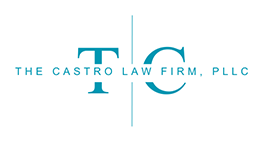Estate planning can ensure your affairs are in order, especially when it comes to matters of life and death. One crucial component that can often get overlooked is healthcare directives.
Healthcare directives specify your preferences for medical care and decision-makers if you become incapacitated or unable to communicate your wishes. Essentially, these documents allow you to maintain control over your healthcare choices even when you can’t express them yourself.
The power of making your own choices
Healthcare directives empower you to decide about the medical treatments you want or don’t want. By creating these directives, you can ensure that your values and preferences regarding your healthcare are respected. This is particularly important regarding critical and often life-altering medical decisions.
Moreover, healthcare directives can provide legal protection. They help ensure your healthcare decisions comply with the state’s laws and regulations. This can be crucial, especially when specific treatments or end-of-life choices might be subject to legal restrictions.
The peace that comes with your loved ones knowing your wishes
These directives also provide clarity to your loved ones and healthcare professionals. They won’t have to make difficult decisions on your behalf, trying to guess what you would want. By specifying your wishes in advance, you can alleviate the emotional burden on your family during an already stressful time.
Family members may have differing opinions on your medical care without clear directives, leading to conflicts and potentially legal battles. By outlining your preferences, you reduce the chances of such disputes.
Healthcare directives can be critical to estate planning because they give you the power to make healthcare decisions. By creating a comprehensive healthcare directive, you can respect your choices, leave a legacy of clarity, and provide financial and emotional relief for your family.
